27 May 2019
Magdalena ZARZEKA
Automated bookkeeping processes are inevitable; however, as it is usually the case with progress, there is more to it than just advantages. It can be clearly seen when Clients ask us to keep their accounting books on their own system or when we support accountants working in Shared Services Centres.
8 April 2019
Barbara BIRYŁO
There are different ways entrepreneurs finance their fixed assets. One of the methods of financing the purchase of fixed assets is to obtain a grant. Such grants must be accounted for, and this is not tax-neutral, as it affects both revenues and tax-deductible costs.
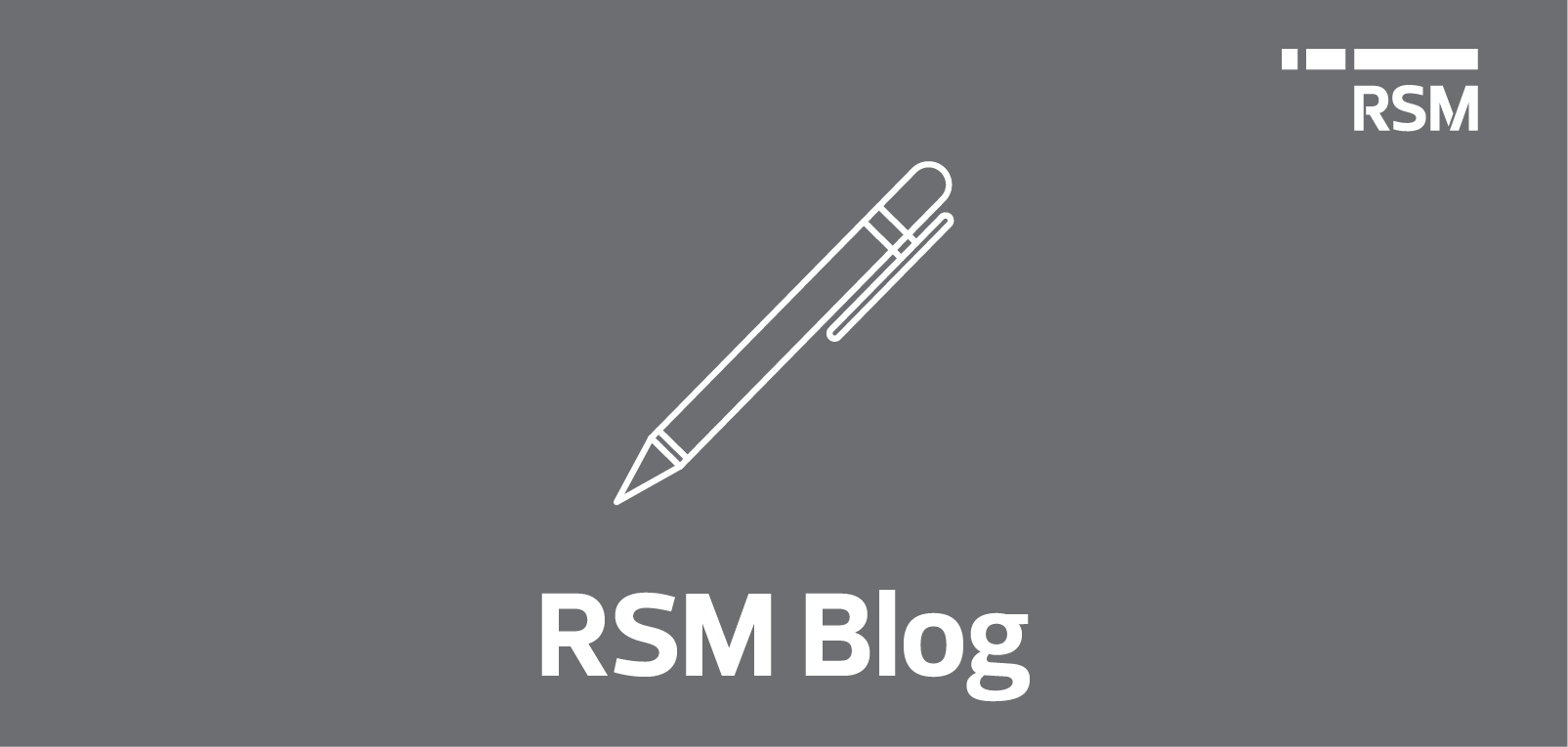
14 March 2019
Aleksandra SYSIAK
IFRS 15 includes detailed principles to be applied in certain areas of industry-specific accounting, and we have already presented some of them in our recent posts. It should be recalled that the additional guidance included in Appendix B to the standard is obligatory. In this article, we are going to focus on a general discussion of some of these issues.
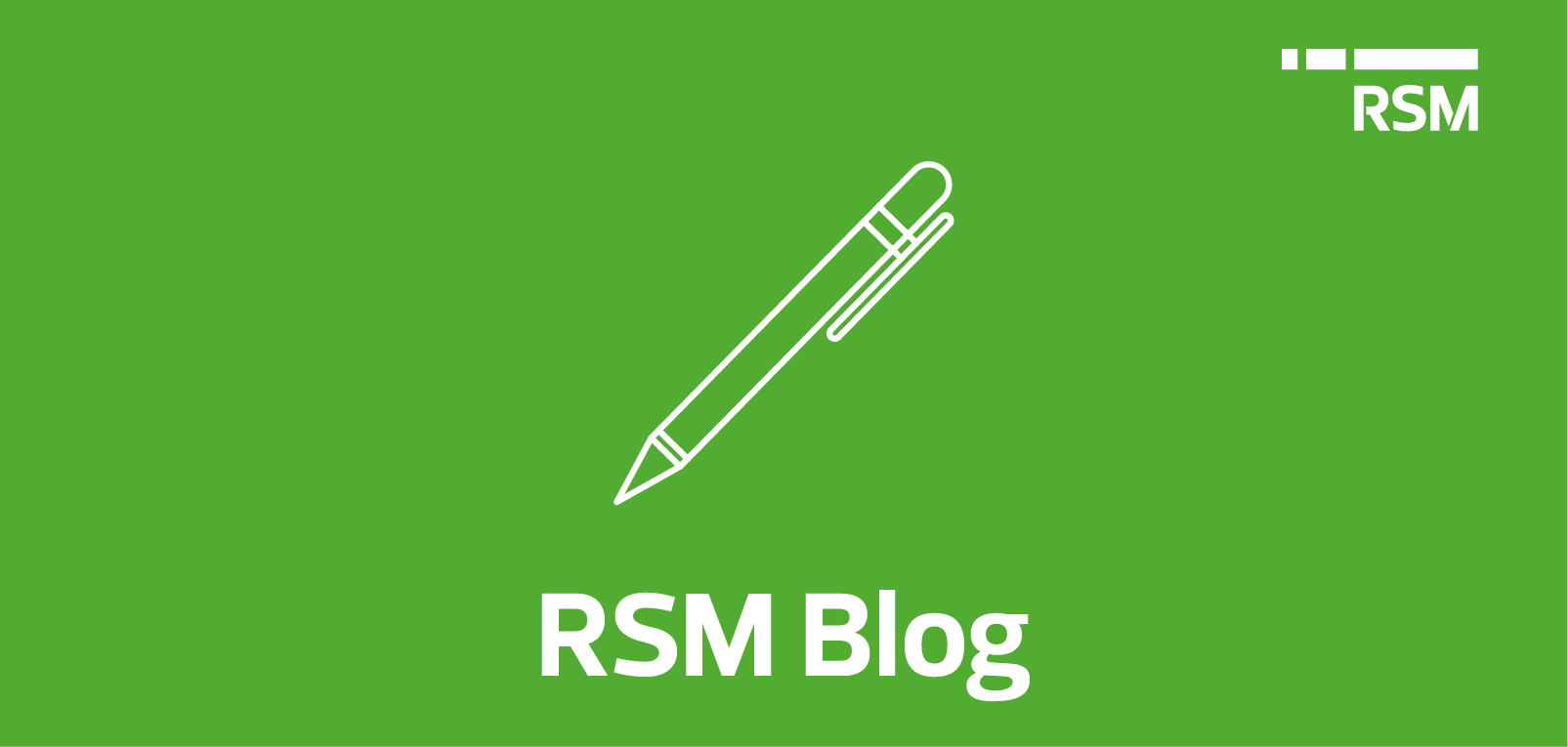
25 February 2019
Piotr STASZKIEWICZ
We have recently written a lot about recognising revenue from construction and advisory services; today it is time for the next industry; this time, we are going to analyse the sale of non-material products. How should the revenue from the sale of the license and the service of software installation be recognised in the books?
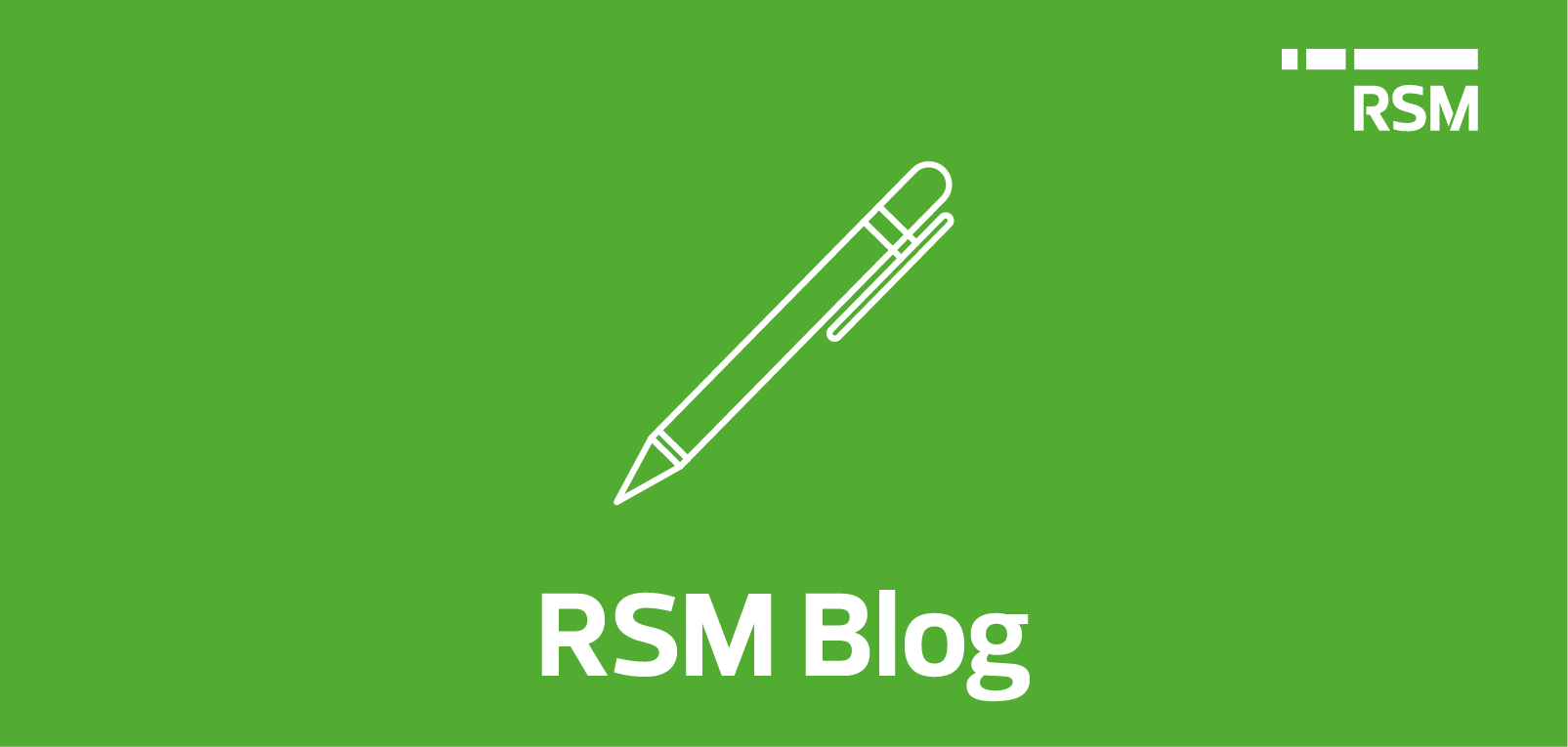
4 February 2019
Piotr STASZKIEWICZ
Quality financial reporting, confirmed by an unqualified opinion of an auditor, seals the victory, proving that the information flow in the entity is flawless, the underlying aim of reporting is understood and the business is correctly reflected in the financial statements.
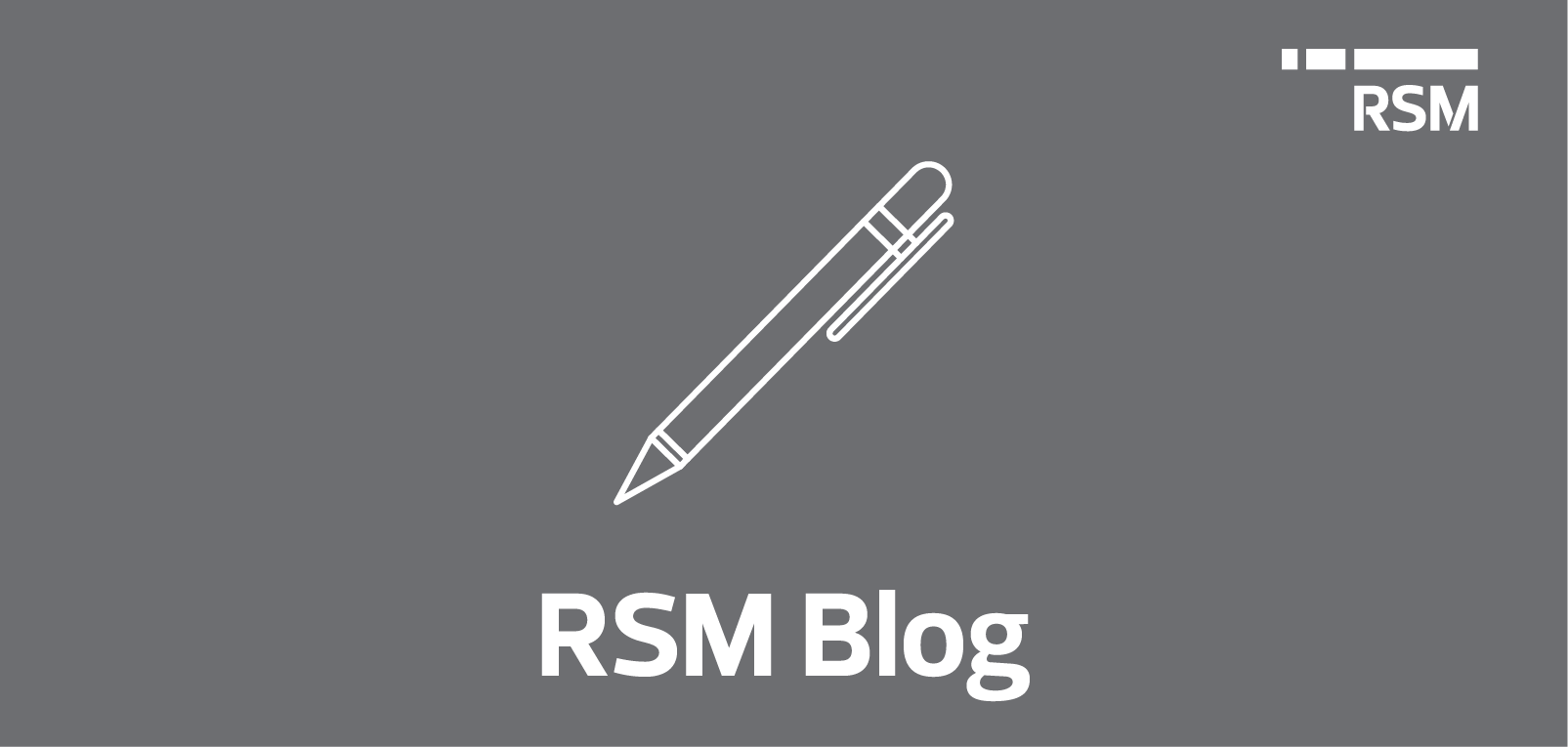
20 January 2019
Ewa KĄDZIELA
Advisory and legal services are among the industries (along with telecommunications, IT and real estate) where the evaluation of the actual impact of the new regulations (IFRS 15) on financial statements is going to require a meticulous analysis of the new standard as well as the terms and conditions of contracts concluded with customers.
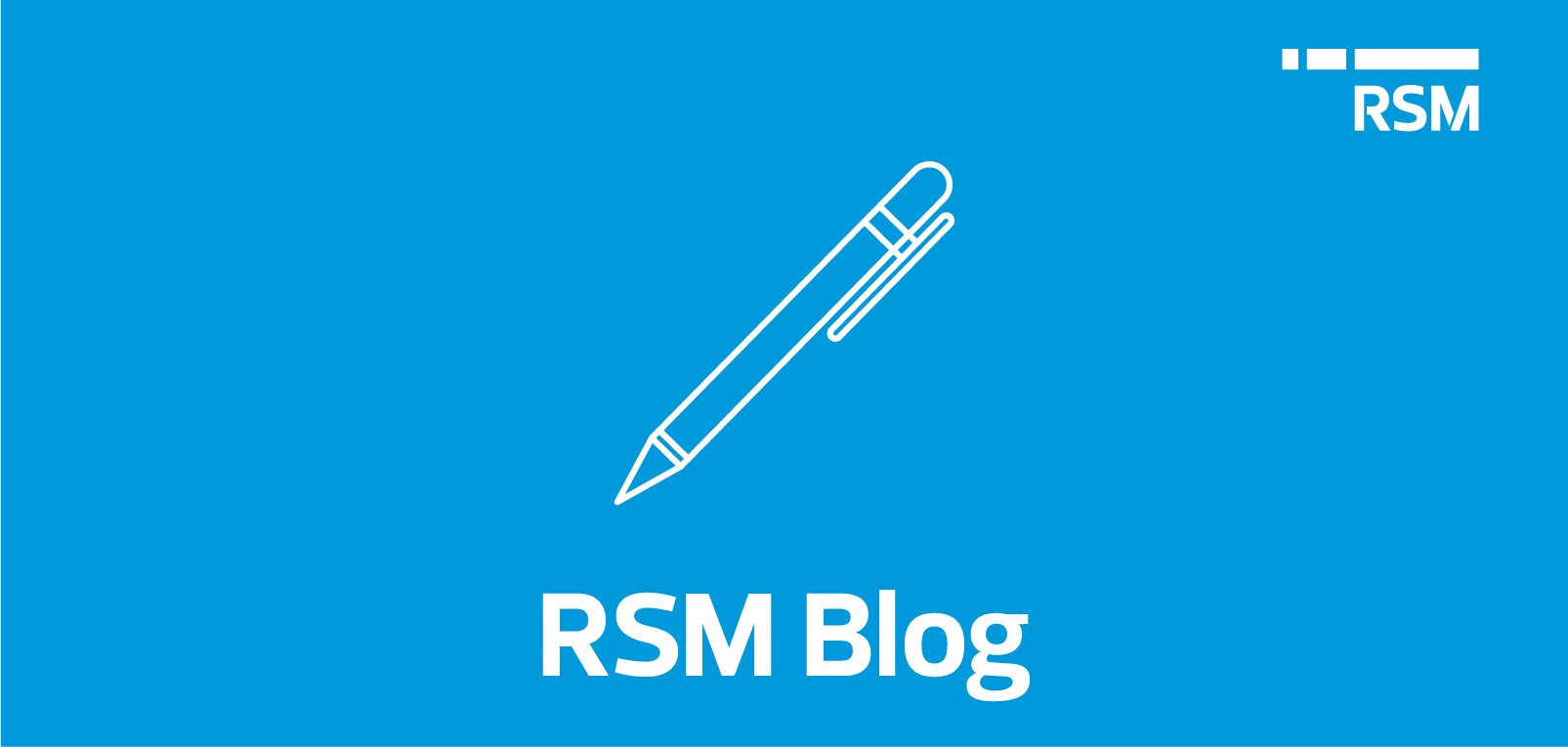
12 January 2019
Magdalena PRAJSNAR
On 1 January 2019, many changes in the labour law regulations entered into force, primarily involving the rules and principles of keeping, storage and the format of employee records. The scope of employee records itself has changed, as well. Are these changes for the better?
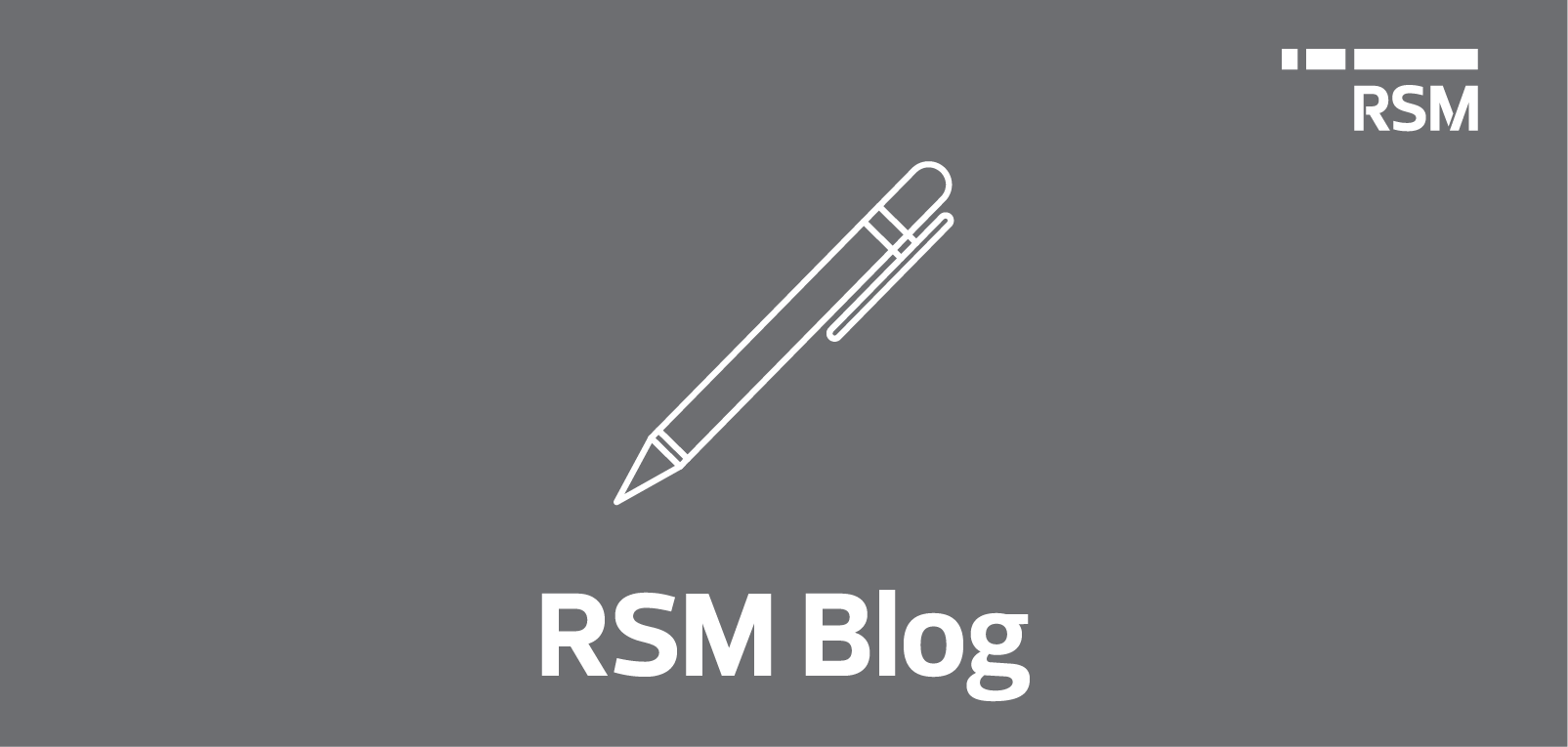
7 January 2019
Łucja PADRAK
We have recently devoted a lot of attention to the IFRS 15 standard which has introduced uniform principles for determining the time of recognising revenue irrespective of the service performed or the goods supplied (with certain exceptions). Today we are going to discuss the impact of these changes on reporting in companies on the example of recognising revenue from the performance of construction services.
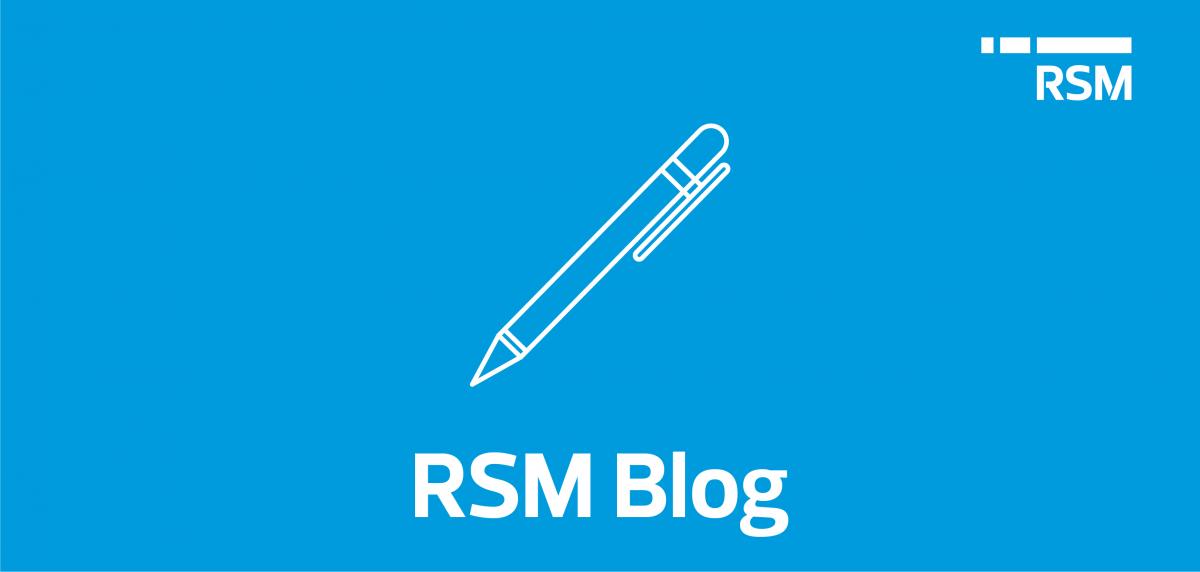
21 December 2018
Leszek WOZIŃSKI
In our previous posts we have presented four steps of the model framework for revenue recognition. The last step of the five-step model framework described in IFRS 15 is to recognise revenue once conditions related to different contract elements are met.
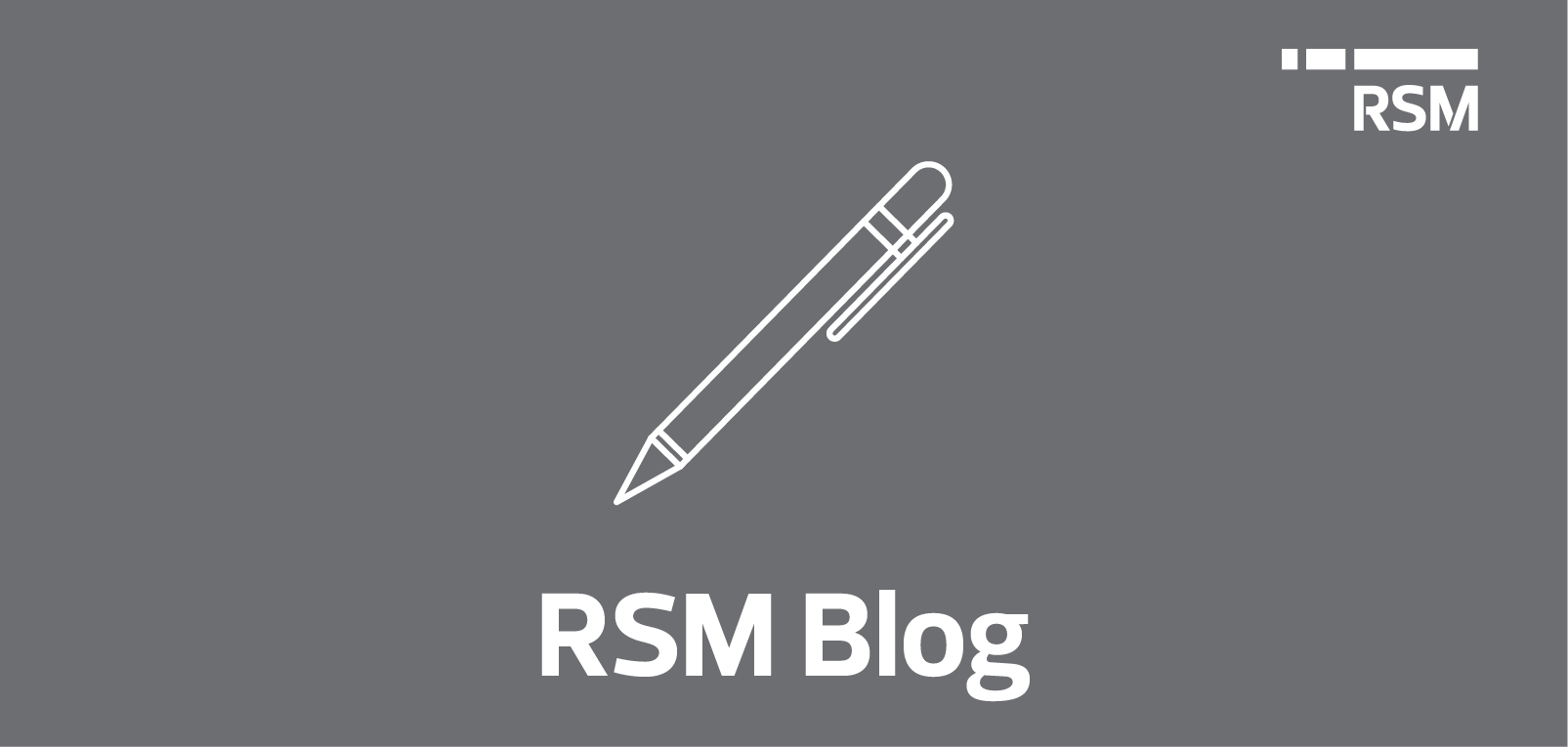
19 December 2018
Agnieszka NOSOWSKA
In the last post on the new standard of IFRS 15 we discussed determining the transaction price (the third step in the five-step model framework). Today we are going to take a look at the next stage, namely price allocation.







